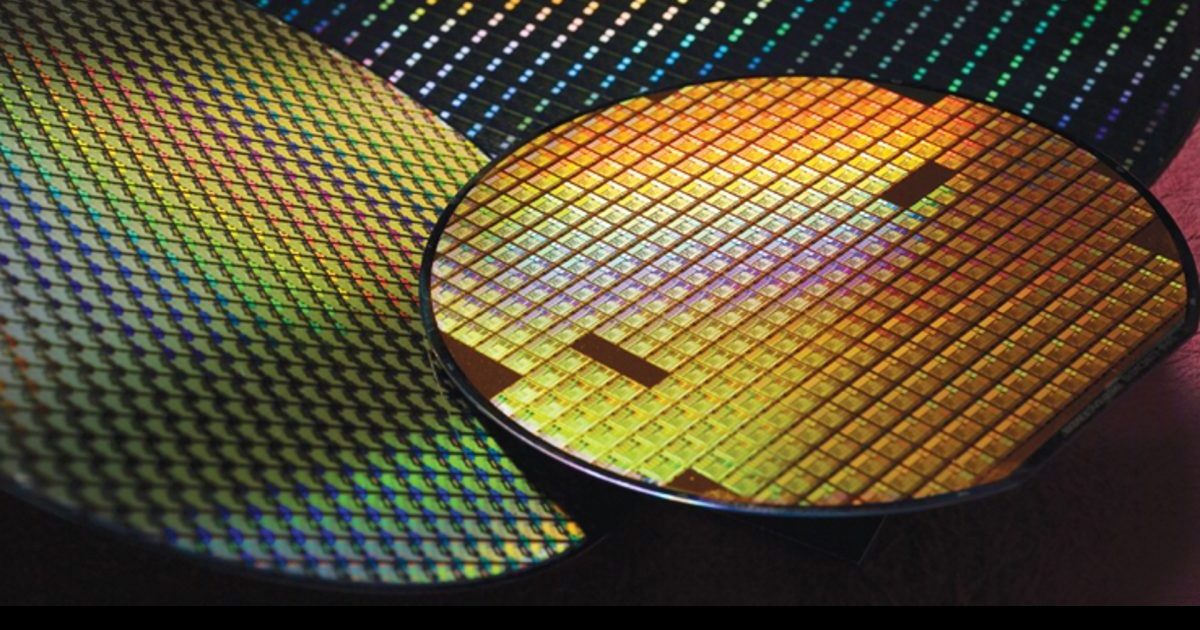According to sources in the industry, Apple’s supplier TSMC is making significant efforts to increase its production capacity for chips based on the 3-nanometer process technology. This new technology is expected to be featured in the upcoming iPhone 15 Pro and MacBook models.

TSMC ramps up production of 3nm chips for upcoming iPhone 15 Pro and MacBook models
A report from DigiTimes suggests that TSMC’s 5-nanometer fabrication capacity decreased in November 2022, due to reduced orders from Apple and other partners. Orders for iPhone chips alone were slashed by 30%. Despite this, TSMC has been able to maintain its utilization rate at 70% or higher, largely due to Apple’s demand for the new 3-nanometer technology.
The sources claim that the chipmaker has been continuously improving its capacity utilization for the 3-nanometer process technology and is expected to approach 50% by the end of March. The foundry is also planning to increase the process output to 50,000-55,000 wafers monthly in March, with Apple being its main customer.

Apple’s iPhone 15 Pro models are rumored to feature the A17 Bionic processor, which will be the company’s first iPhone chip based on TSMC’s first-generation 3-nanometer process, also known as N3E. The new process is said to offer a 35% power efficiency improvement compared to TSMC’s 5-nanometer-based N4 fabrication process used for the iPhone 14 Pro and Pro Max.
The N3 technology is expected to provide significantly improved performance compared to current chips manufactured on 5-nanometer technology. Apple’s next-generation MacBook Air models, including the 13-inch and 15-inch versions, are also expected to be equipped with an M3 chip, likely to be manufactured on the 3-nanometer process technology for further performance and power efficiency enhancements.
Apple is also reportedly planning to launch an updated version of the 13-inch MacBook Pro with an M3 chip. The M2 chip and its higher-end Pro and Max variants are built on TSMC’s second-generation 5-nanometer process.
TSMC’s future fab utilization declines are expected to be avoided with the help of orders for new AI processors from Nvidia and AMD, as well as Apple’s new iPhone chip, according to sources from DigiTimes.